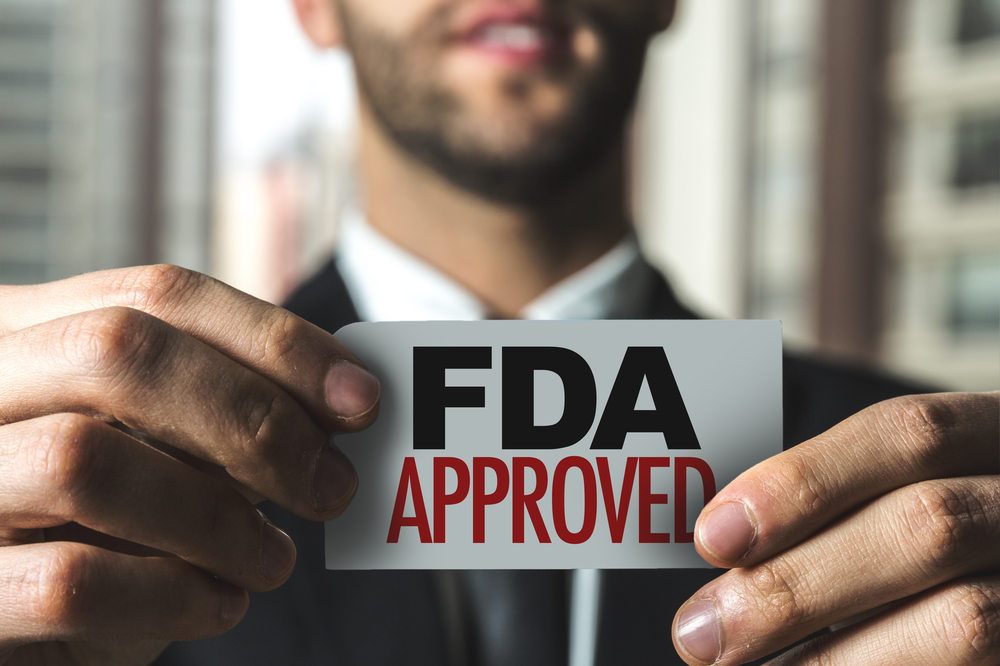FDA Approves Rituxan for Children and Adolescents with GPA, MPA

The U.S. Food and Drug Administration (FDA) has approved Rituxan (rituximab), in combination with glucocorticoids, for the treatment of children ages two or older with granulomatosis with polyangiitis (GPA) or microscopic polyangiitis (MPA).
GPA and MPA are the two subtypes of ANCA-associated vasculitis (AAV), an autoimmune inflammatory disorder characterized by inflammation and damage to small- and medium-sized blood vessels.
With this approval, Genentech and Biogen‘s Rituxan has become the first treatment approved in the U.S. for children diagnosed with these conditions. It also is the first time Rituxan has been approved for pediatric use.
“Rituxan is now approved as the first and only medicine for pediatric patients living with GPA and MPA, two potentially life-threatening blood vessel disorders which are rare in children,” Sandra Horning, MD, Genentech’s chief medical officer and head of global product development, said in a press release.
“Today’s approval is a result of our ongoing commitment to working with the FDA to develop medicines for pediatric patients with rare diseases where there is a serious unmet need,” she added.
Rituxan is an antibody that targets the CD20 protein, found at the surface of B-cells, a type of immune cell that makes antibodies and plays a role in autoimmune diseases. The binding of Rituxan to CD20 results in a reduction in B-cell levels through a variety of mechanisms.
The therapy was first approved as an induction treatment for adults with GPA and MPA. It later was extended as a maintenance treatment, in combination with glucocorticoids, for individuals who had achieved disease control after induction treatment.
The new approval is based on data from the PePRS Phase 2a clinical trial (NCT01750697) , an open-label, single-arm study that evaluated Rituxan in children with MPA and GPA, ages 2 to 17. The trial showed that Rituxan was well-tolerated, with an overall safety profile similar to that of adults.
The study included 25 patients — 19 with GPA, six with MPA — whose disease was newly diagnosed or had returned after prior treatment (relapsed). The majority of the participants (80%) were girls, and the median age was 14 years.
The study’s main goals were to determine Rituxan’s safety and pharmacokinetics (processing inside the body) in these children and adolescents. Efficacy, assessed with the Pediatric Vasculitis Activity Score (PVAS), was an exploratory efficacy parameter.
Participants received blood infusions of 375 mg/m2 Rituximab once a week for four weeks, and a tapering course of oral glucocorticoids. After a remission induction phase that lasted six months, they received standard of care management for disease control, which included additional Rituxan infusions if required. They were followed for up to 18 months.
Results showed that 56% of the children achieved remission — defined as a PVAS score of zero and an oral glucocorticoid dose of 0.2 mg/kg per day or less — within the first six months of treatment. The proportion of patients in remission increased to 92% by month 12, and by month 18 all patients were in remission. The median duration of remission was 56 weeks.
Common side effects included infusion-related reactions, headaches, nausea, upper respiratory tract infection, abdominal pain, constipation, joint and back pain, cough, and nose bleeds. Seven patients experienced a total of 10 serious adverse events, including one infusion-related reaction.






